What does health mean to you? For some it’s about daily exercise. Others choose to focus on what they eat and drink, while some take an integrated approach and focus on all these areas.
But in our quest to achieve optimal health, are we certain that what we’re doing is, in fact, healthy? How do we live a holistic lifestyle and what does it really entail?
Defining health
The World Health Organisation (WHO) defines health as “a state of complete physical, mental and social well-being and not merely the absence of disease or infirmity.”
This includes multifaceted elements such as fitness, nutrition and general wellness. Many of us mainly focus on the physical or aesthetic aspects. This means the majority of us typically engage in practices that aim to get us ‘in shape’.
Some take it a step further and also focus on the quality of our internal and external selves, with the way we look still a dominant factor. Then there are those who, for ethical reasons, choose to follow a vegan lifestyle, or are more vigilant about the planet and mankind as a whole.
In this way, we all have our own understanding of what being healthy means and therefore may follow different approaches to wellness.
Holistic living
Ultimately, holistic living is about all the parts that make up the whole, rather than simply chasing a better body.
That means being healthy and happy in many different ways, taking into account our thoughts, our nutrition, our daily movement and our ability to live in gratitude.
As clichéd as it sounds, it’s about mind, body, and soul, not any one in isolation. That’s because there is a deep interconnectedness to all these facets in our lives.
On your path to holistic health, we can make the journey easier by doing away with the following pervasive yet misguided trends…
READ MORE | Up Your Antioxidant Intake With These Foods
Trend #1: Trying to out-exercise a bad diet
You can burn off glucose but you can’t work off insulin. Never try and work off calories in the gym as you’ll lose the battle. Eating correctly is vital to optimal health and accounts for the bulk of your weight-loss success.
Rather exercise smartly for the health benefits, the endorphin rush and to sculpt your body but don’t binge and then hit the treadmill.
Exercise is an adjunct to a healthy diet. As renowned nutritional consultant Nora Gedgaudas so eloquently put it: “exercise does not determine your biochemistry, your diet does”.
READ MORE | Does The 500-Calorie-A-Day Deficit Rule Work For Fat Loss
Trend #2: Treating natural, organic & gluten-free labels the same
Terms like “natural” and “organic” only offer value if you focus purely on food quality, which is important when buying fresh produce and the best quality animal products.
But beware of food items prepackaged with these labels. Many are often loaded with sugar (organic or not) or the product may contain highly processed ingredients and/or additives. Always read food labels!
Trend #3: Defining your health in moral terms
Being conscious is important, and being mindful and living in awareness offers great value but feeling guilty or repenting every unhealthy choice you make is not beneficial.
There is no good or bad. Basing your self-worth on how much you exercised or how well you ate will not make you happier. Nor will it make you feel more in control.
If anything, these are serious signs that you are, in fact, giving this part of your life too much power.
It’s important to invest in yourself on all levels and focus on a healthy lifestyle, but the minute it becomes an obsession that gives rise to feelings of guilt and leads to a binge and purge cycle, you need to reevaluate your true intentions.
READ MORE | Are You Fighting A Losing Weight-Loss Battle?
Trend #4: Believing slim = healthy
Being overweight indicates an imbalance but being thin or looking good on the outside does not signify optimum health.
It’s possible to be slim and be a diabetic, have heart issues, suffer from anxiety, feel depressed, have hormonal issues, struggle with your energy levels or have gut issues.
If we intentionally shift our focus away from the aesthetic and focus on true health, everything changes. Our modern society has perpetuated this notion that if we look good we’re automatically healthy, which is not true.
The issue with this is that many are often faddish approaches that no one sticks too. This has helped to perpetuate the billion-dollar fad diet industry that currently exists, together with a global obesity epidemic.
READ MORE | 5 Steps To A Slimmer Waist
Trend #5: Using supplements to make up for bad eating habits
Many of us incorrectly believe that if we just pop pills or powders we can make up for a bad diet.
Unfortunately taking ‘one-a-day’ products or embarking on radical cleanses and detoxes with powders won’t provide all the nutrition we need, nor can these products correct the implications of a poor diet.
Remember, it is what you do 90% of the time, day in and day out, that matters most. Supplements are just that: supplemental to a healthy lifestyle and diet. They assist in supporting a healthy lifestyle. They are not a substitute.
Trend #6: Doing detox diets and radical cleanses
Chemicals and substances from food, water, alcohol, and environmental pollutants build up in our bodies over time and all affect our ability to function optimally. Yet most people detox for weight loss, which shouldn’t be the primary goal.
Radical detoxification programmes that we do for five days of the year are not beneficial if we resume our unhealthy habits thereafter.
Also, these approaches don’t teach us anything about the implications of the everyday lifestyle choices we make. Some of the side effects of juice fasts or radical cleanses include headaches, nausea and mood swings. They can also affect our sleep, energy levels and our skin.
It is best to detox daily by supporting your body’s own detoxification organs through healthful eating and regular exercise to really reap the benefits.
READ MORE | The Right Way To Detox (+ A 5-Step Plan)
Trend #7: Being obsessed with your genes
Remember that your genes are only possibilities, they are not your destiny. You are the master of your life and destiny.
We have ultimate control over it all by controlling the foods we choose to eat, the environment in which we choose to live, the thoughts and emotions we choose to think, and the activities in which we choose to engage.
Even by the most conservative geneticist’s standards, we have anywhere from 80% to 97% control over our own genetic expressions. A gene will not express itself unless the internal environment is conducive to its expression.
By Vanessa De Ascencao, functional medicine practitioner and nutritional expert


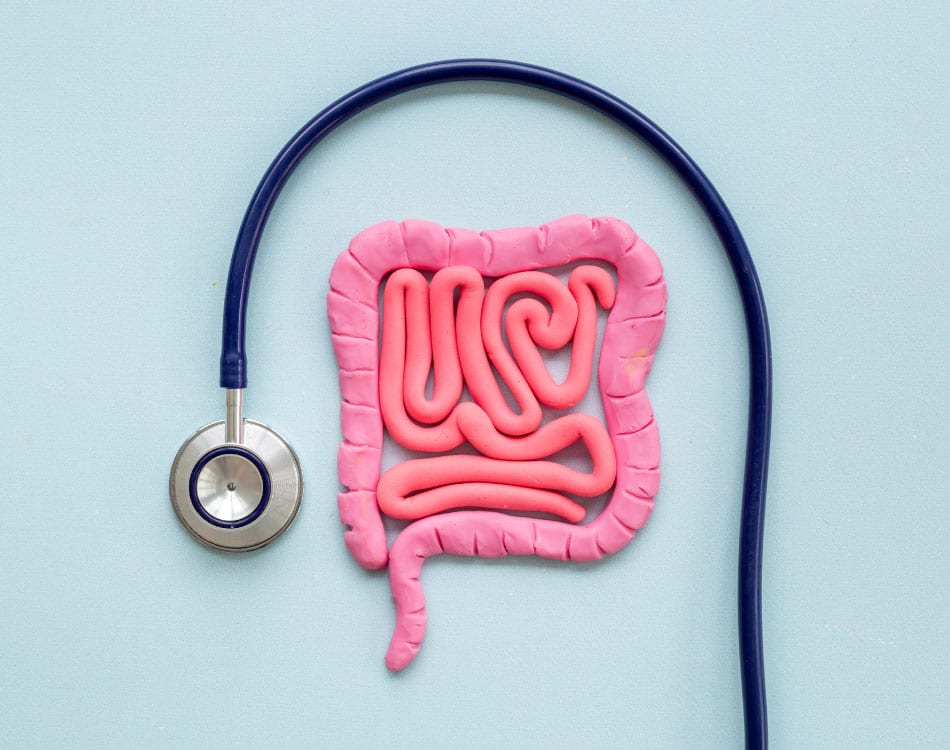
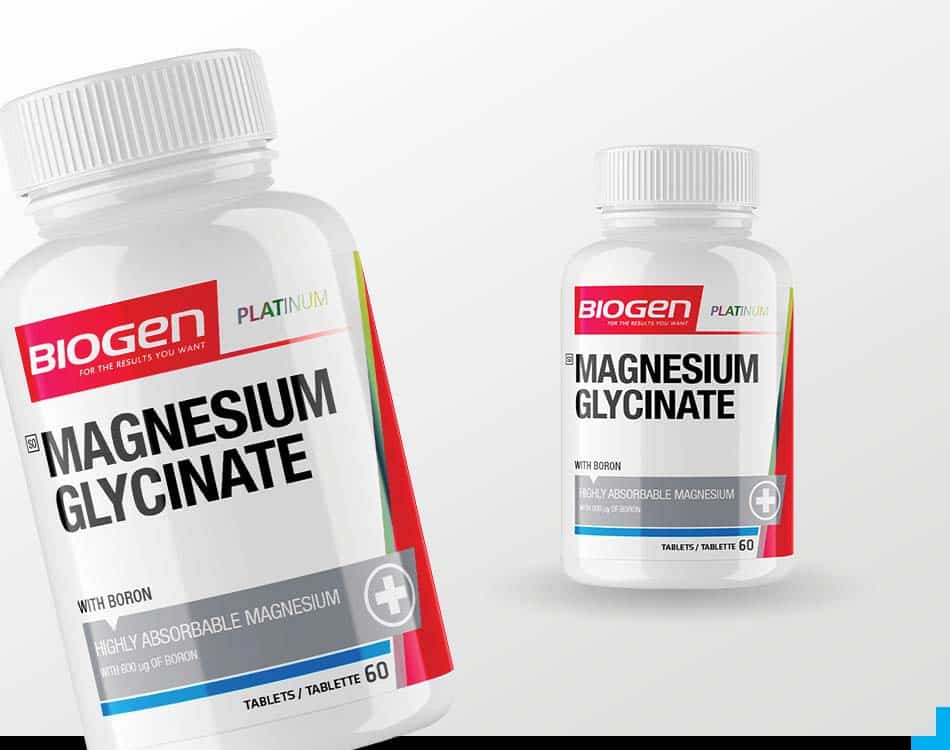
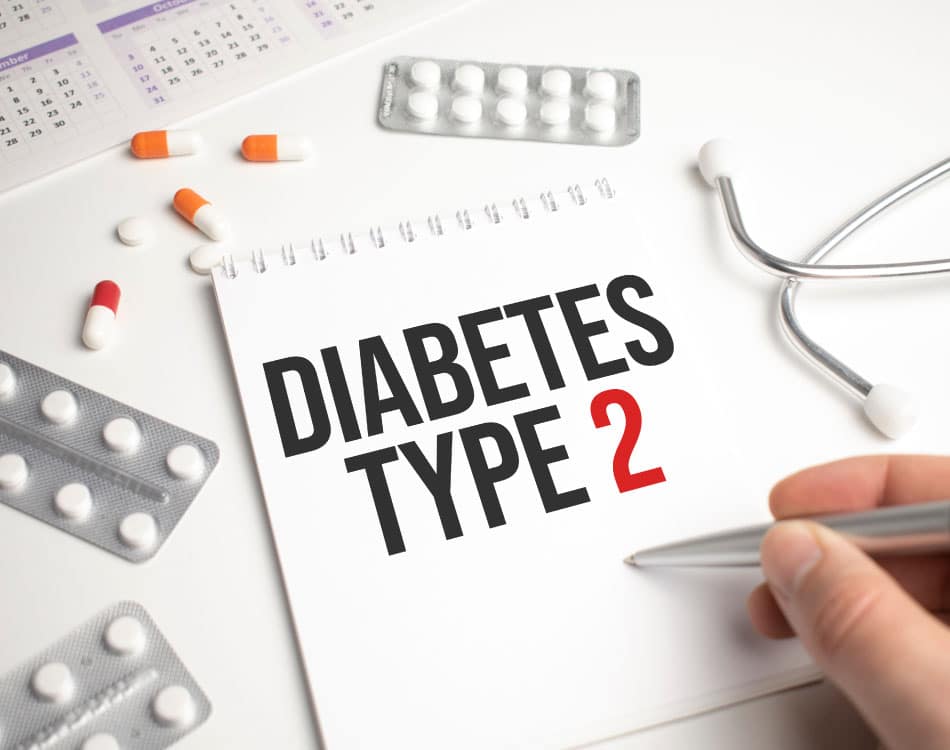
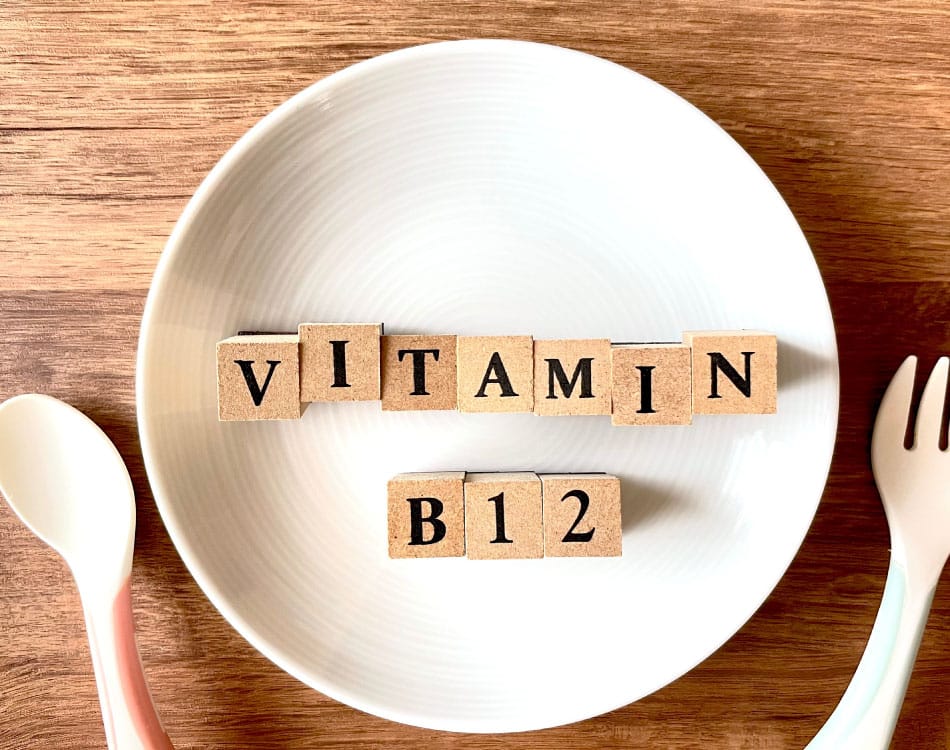

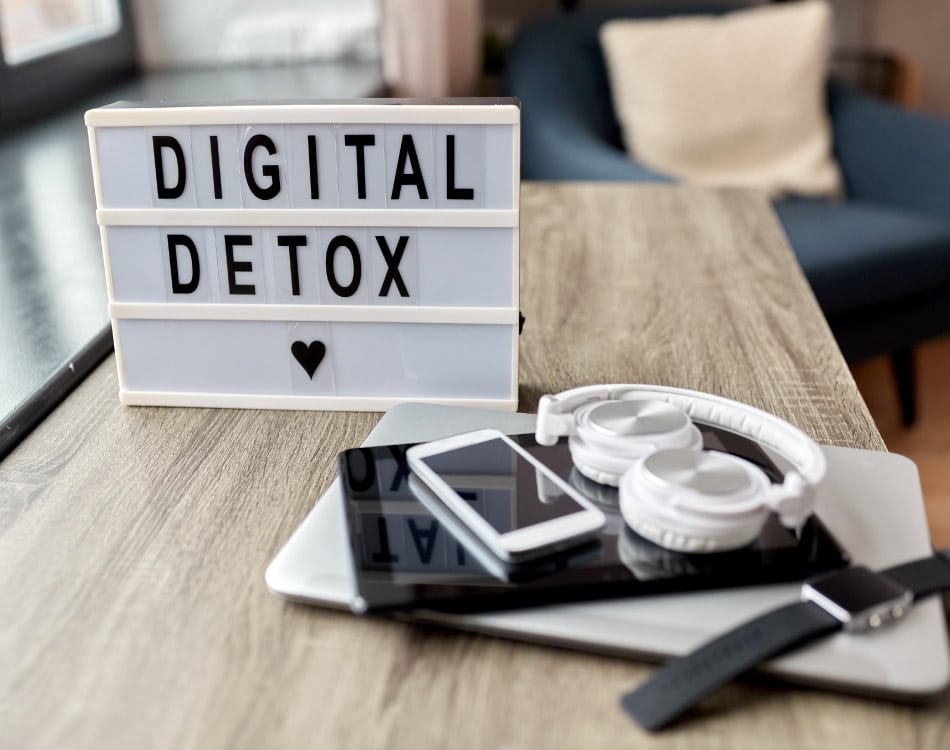
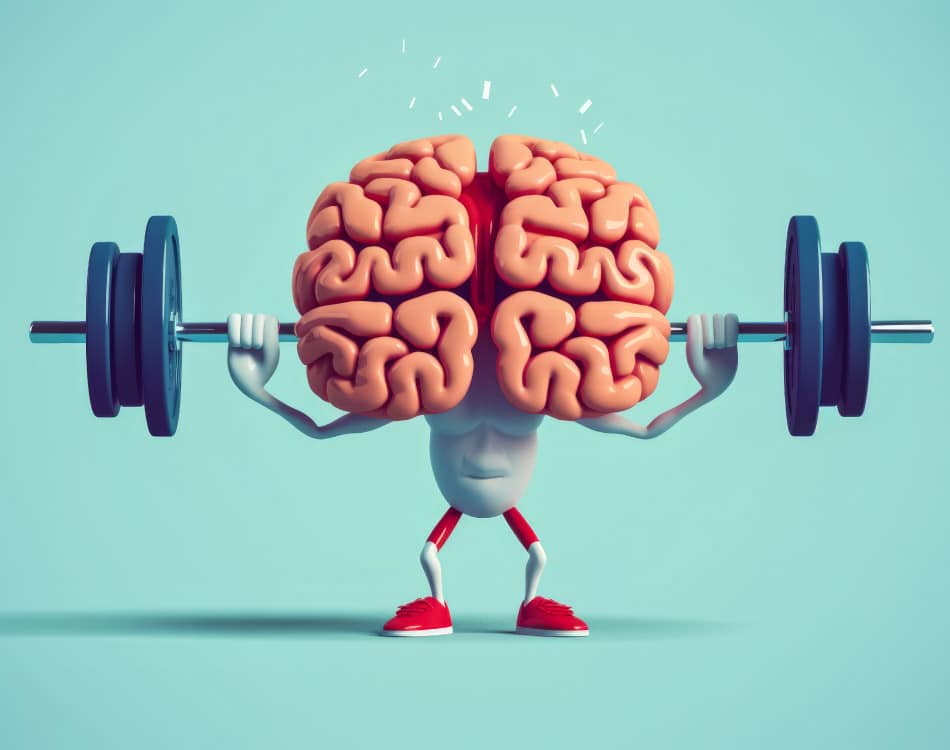
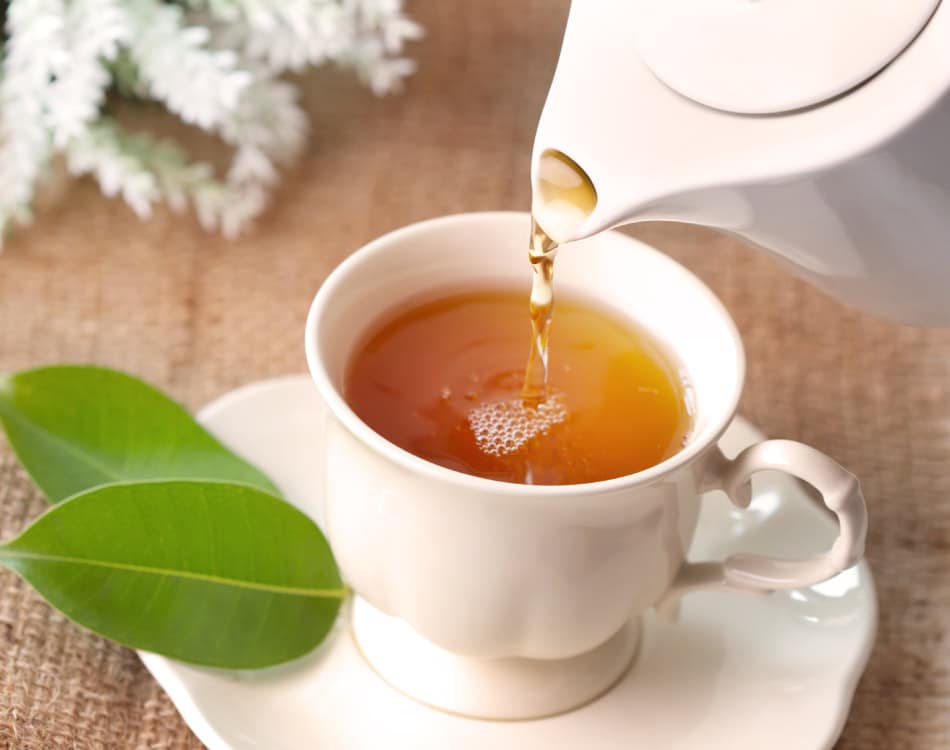
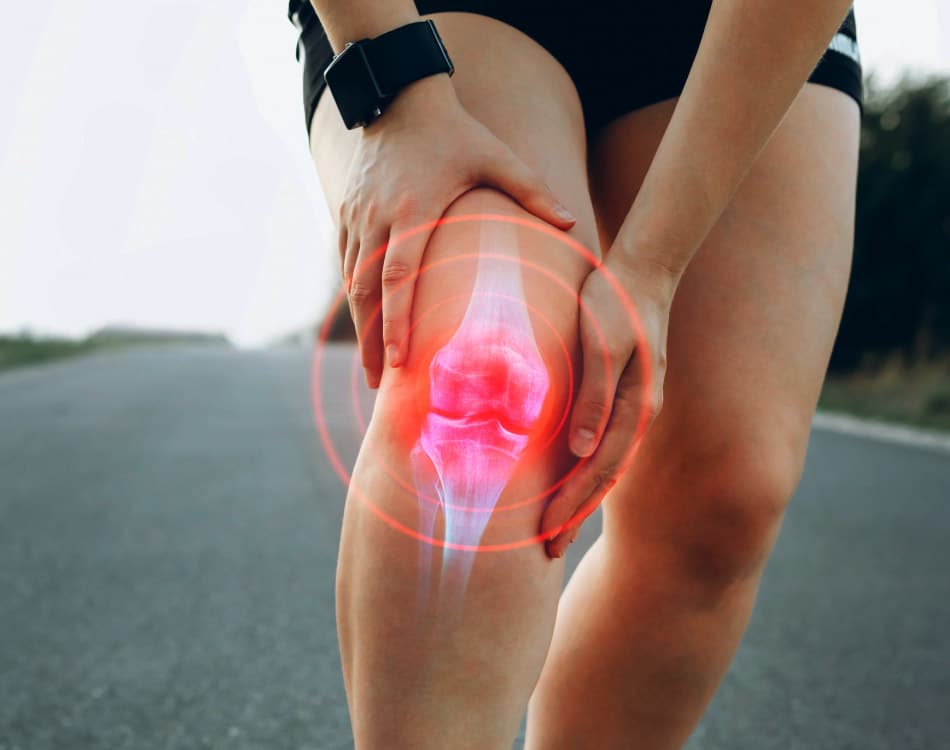

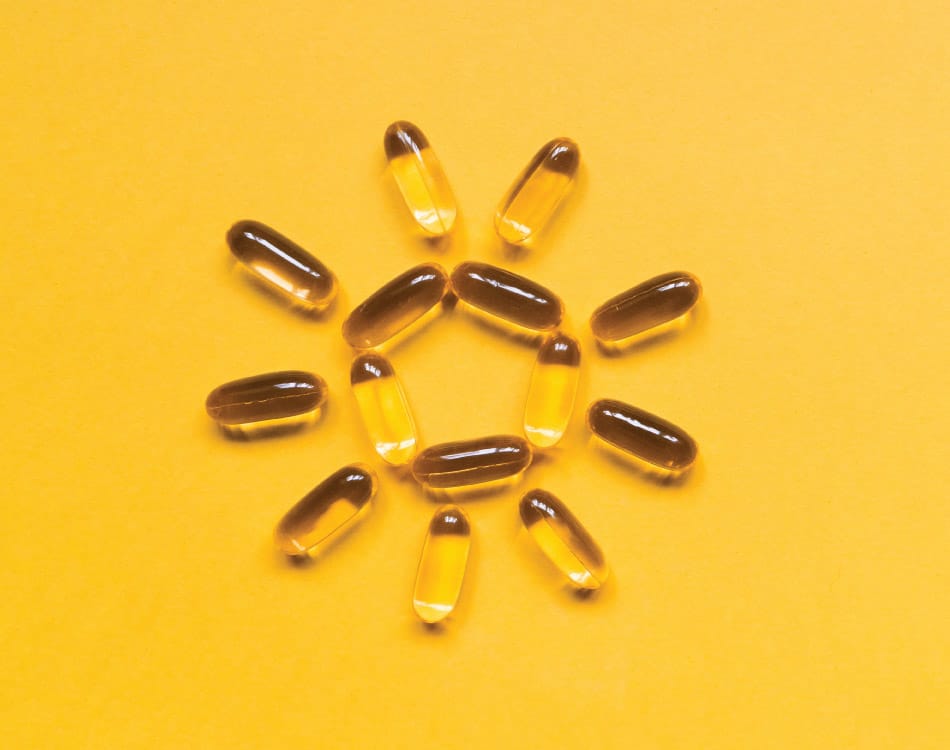
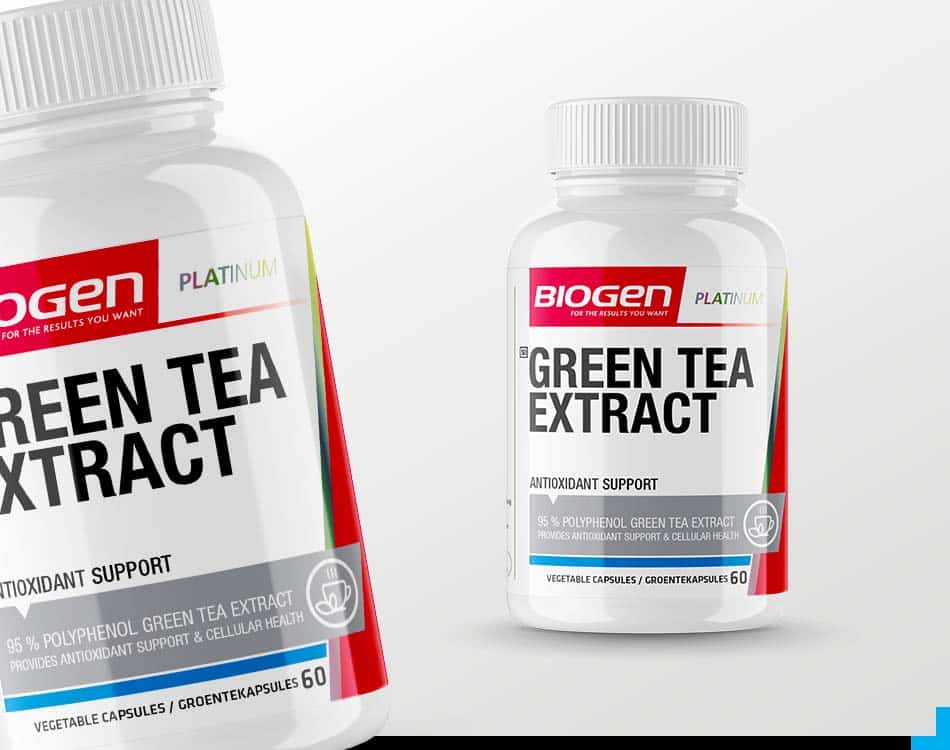



Leave A Comment